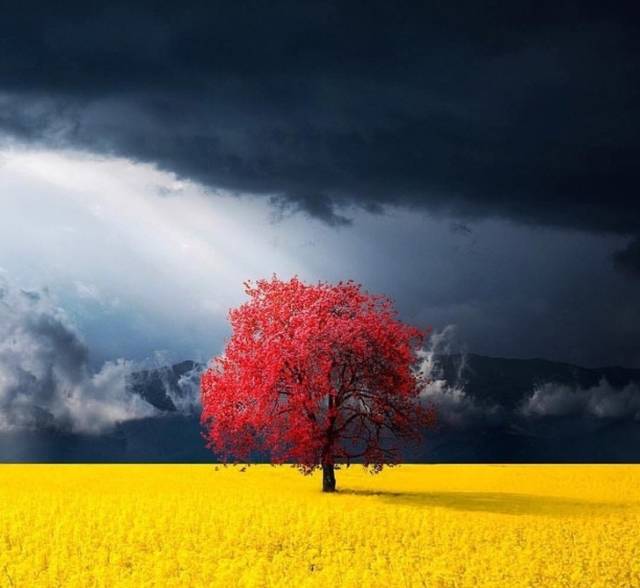Issue 3 of The Upwell: Alternative Seafood Networks
Hakai Magazine <info@hakaimagazine.com> U
Issue 3: Alternative Seafood Networks
The Upwell: Notes from the Editor
is a semiregular special edition to our newsletter that brings you analysis of emerging issues impacting coastlines around the world.
I love feedback from readers, whether it’s positive, negative, or full of conspiracy theories and delivered like a tirade. Feedback means engagement. Following a critique by Josh Silberg and a webinar about the film
Seaspiracy that we published in April, my favorite follow-up comment was: “Yes, complex issues and we still need to eat fish, but Josh did not present any path forward to resolve the huge issues and impacts from commercial overfishing and by-catch impact. I do not trust [Marine Stewardship Council] labels—no real verification. So what’s a girl to do? Pray? Hope commercial fishing will improve?”
Praying implies a loss of control, but average consumers do have control—over the seafood that they choose to eat. The most immediate factor under our control is whether to eat something at all. Which is why
Seaspiracy was appealing to so many. The film had a simple message: we can save the ocean if we stop eating fish. It’s synonymous with the phrase Michael Pollan, author of the 2006 book
The Omnivore’s Dilemma, popularized: vote with your fork.
I tried to imagine how many votes it would take to close the seafood industry worldwide. I could not fathom the number—100 million? Five billion? I actually have no idea. But if hordes of us stopped eating fish and the global industry collapsed, it would lead to a fool’s environmental paradise. Ray Hilborn, a fisheries scientist at the University of Washington in Seattle whose papers you will find at the bottom of all research rabbit holes into fisheries, has determined that if global society closes shop entirely on the ocean, “the world’s hungry will suddenly be 90 million tons of food short each year.” Hilborn calculated that if we instead grazed more cattle or grew more soybeans, the world would need to plow an area 22 times that of still-intact rainforests.
Eating protein from freshwater and marine sources is, kilogram for kilogram, often less destructive to the planet than eating other proteins, including soy and nuts. Anyone who cares knows that the seafood network is troubled by overfishing, too much by-catch, fraud, and other problems. A wide-scale rejection of fish is not a global remedy. Being a food citizen is.
You cannot swap the word
citizen for
consumer. If the only thing you had to do as a citizen was boycott certain goods and services, democracy would fall apart. Consumers make individual choices for themselves and their families. Citizens make choices for their community. Sure, eschew eating fish, but that’s no substitute for understanding the food system and questioning the current structure and the policies that prop it up.


















































